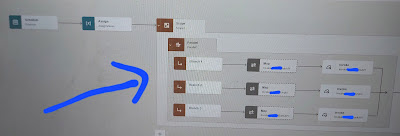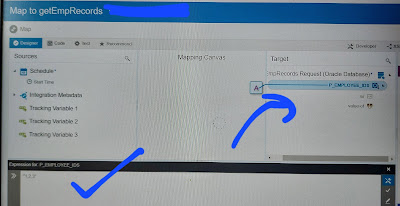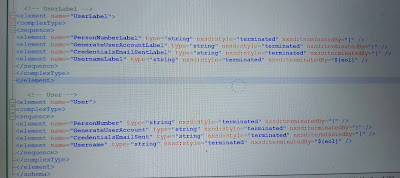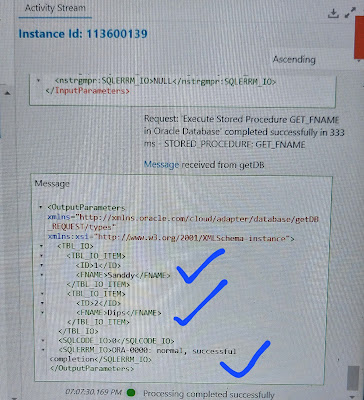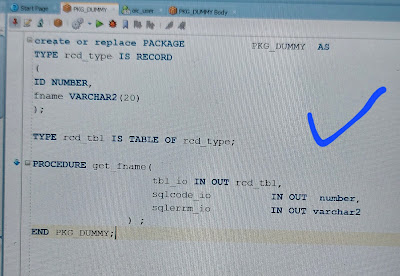When there are too many schedule integrations configured, instances can become backlogged waiting for resources to become available or previous integration runs to complete. This can cause processing delays where some instances are in a waiting state longer than they must be and schedules may not start at the scheduled time.
- Use an asynchronous REST Adapter trigger instead of a scheduled trigger when an active schedule is not absolutely required.
- Do not create any long-running schedule integrations (a schedule integration that takes longer than one hour, for example, to complete). This blocks scheduler resources impacting other scheduled runs.
- Spread schedules out over time to avoid schedule clusters.
B. We can convert a schedule integration to a REST Adapter trigger-based application integration.
- For each schedule integration, convert it to a REST Adapter trigger-based application integration.
- Create a new schedule integration that only performs an asynchronous invoke of the application integration you converted in step 1 above.
This solution enables the schedule integration to start at the scheduled time, invoke the REST Adapter trigger-based child integration asynchronously, and complete within milliseconds. This approach reduces the backlog and contention surrounding scheduler resources.
If you have a large number of schedule integrations to convert, a staged approach starting with the following integrations is recommended.- Longest-running schedule integrations.
- Schedule integrations configured with the shortest frequency (for example, integrations that run every 10 minutes or less).
Design any new schedule integrations with the design practices described above.
Reference:
